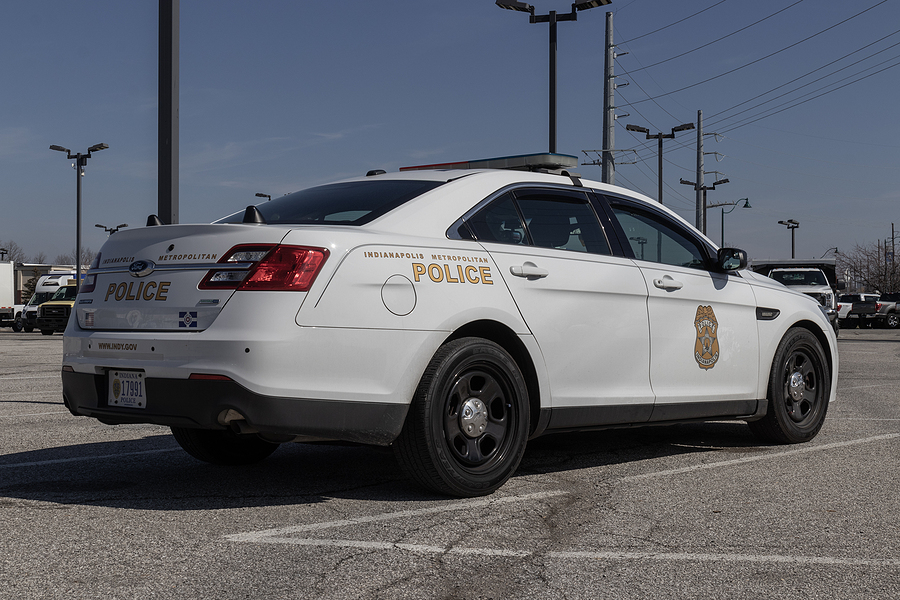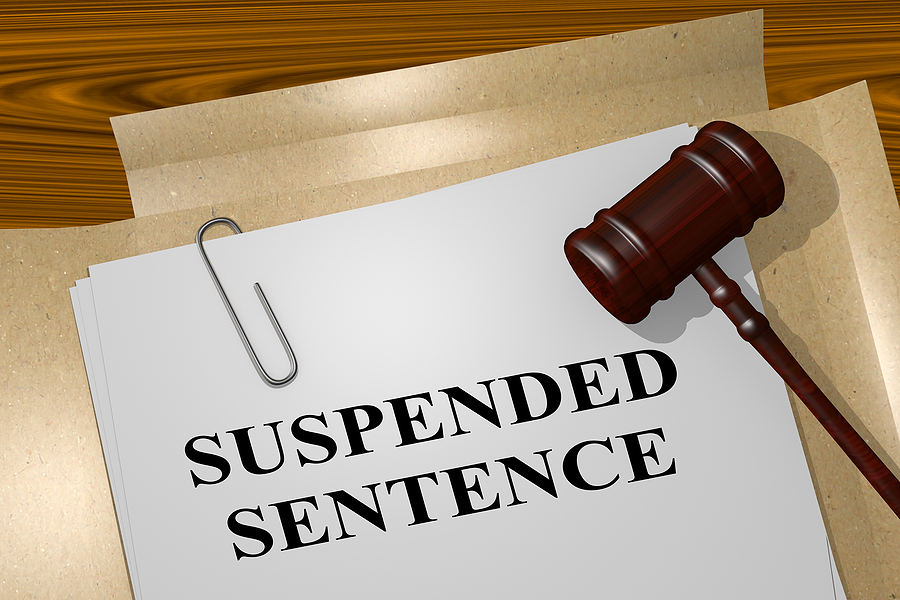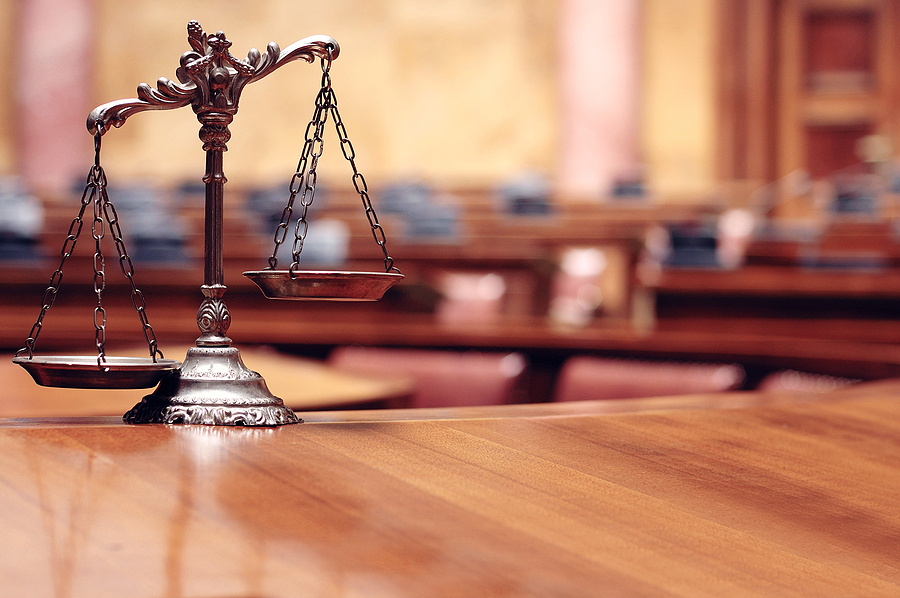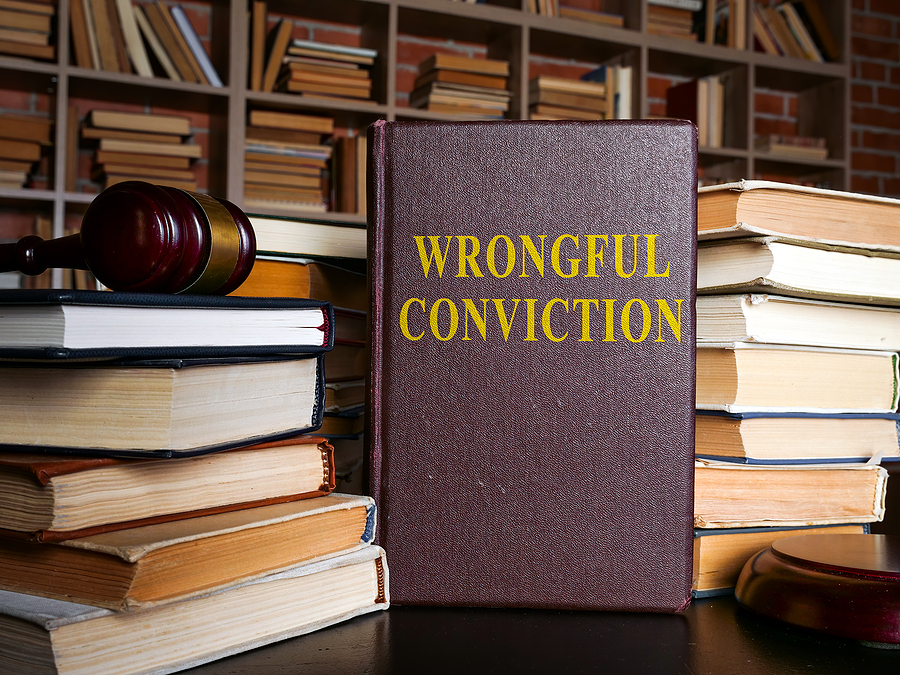TL;DR and Key Takeaways:
Facing a criminal charge is stressful, but understanding the potential outcomes can help you prepare. Here is the high-level overview of misdemeanor penalties in Hamilton County, Indiana:
- Jail time is possible but not guaranteed: While statutes allow for jail time, first-time offenders often receive suspended sentences or probation.
- Three classes of misdemeanors: Indiana law categorizes misdemeanors into Class A, B, and C, with Class A being the most serious.
- Diversion is an option: Many first-time offenders in Hamilton County are eligible for Pretrial Diversion, which can result in the dismissal of charges.
- Fines add up: Beyond the statutory fines, you must also budget for court costs and probation fees.
Table of Contents:
- What is a first-time misdemeanor in Hamilton County?
- Will I go to jail for a first offense?
- What are the common fines and costs?
- How does probation work in Hamilton County?
- Are there alternative sentencing programs?
- Frequently Asked Questions
- Quick Recap
- Conclusion
- Get a Free Case Review
Facing a criminal charge for the first time can feel like the ground is shifting beneath your feet. Whether it was a traffic stop in Carmel that went wrong or a misunderstanding in Noblesville, seeing your name on a court docket is frightening.
However, a misdemeanor charge does not automatically mean your life is over. Indiana law provides specific guidelines for sentencing, and Hamilton County judges often have discretion in how they apply these laws, especially for individuals with no prior criminal history. This guide breaks down exactly what you face and the legal avenues available to protect your future.

What is a First-Time Misdemeanor in Hamilton County?
A first-time misdemeanor is a non-felony criminal offense committed by a person with no prior conviction history.
In Indiana, crimes are divided into felonies (more serious) and misdemeanors (less serious). While misdemeanors are considered “minor” crimes, they still carry criminal records and potential jail time.
Indiana Code § 35-50-3 divides misdemeanors into three distinct classes based on severity. The class of your charge dictates the maximum penalty the judge can impose.
Class A Misdemeanor
This is the most serious level of misdemeanor. Common examples include theft (of property less than $750), domestic battery, and OWI (Operating While Intoxicated) with endangerment.
- Maximum Jail Time: Up to one (1) year.
- Maximum Fine: Up to $5,000.
Class B Misdemeanor
These offenses are mid-level crimes. Examples often include public intoxication or criminal mischief.
- Maximum Jail Time: Up to 180 days.
- Maximum Fine: Up to $1,000.
Class C Misdemeanor
These are the least severe criminal offenses in Indiana. This category includes charges like operating a vehicle with a BAC between .08 and .15, or consuming alcohol as a minor.
- Maximum Jail Time: Up to 60 days.
- Maximum Fine: Up to $500.
Will I Go to Jail for a First Offense?
While legally possible, it is statistically unlikely for a non-violent first-time misdemeanor offender to serve executed jail time.
The statutes listed above show the maximum sentence, not the mandatory sentence. Judges in Hamilton County generally aim to balance punishment with rehabilitation. For a first offense, the court often utilizes a “suspended sentence.”
Understanding Suspended Sentences
A suspended sentence means the judge sentences you to jail time but “suspends” the punishment. For example, if you are convicted of a Class A misdemeanor, the judge might sentence you to 365 days in the Hamilton County Jail but suspend 363 of them.
This means you do not actually sit in a jail cell. Instead, you serve that time on probation. As long as you follow the rules of probation, you stay out of jail. However, if you violate probation terms, the judge can “revoke” the suspension and order you to serve the remaining days behind bars.
What are the Common Fines and Costs?
You should expect to pay court costs of approximately $185, plus variable fines and probation fees depending on your specific charge. The financial impact of a conviction goes beyond the statutory fines listed in Section 1.
Court Costs
Regardless of the outcome, if you enter a plea agreement or are found guilty, you are generally assessed court costs. In Hamilton County, standard court costs for a misdemeanor usually start around $185.
Probation User Fees
If you are placed on probation, it is not free. You are required to pay “user fees” to cover the cost of your supervision. These fees can range from an initial administrative fee to monthly fees that typically cost between $20 and $50 depending on the level of supervision.
Restitution
If your offense involved property damage (such as Criminal Mischief) or theft, the court will order you to pay restitution to the victim. This is a dollar-for-dollar repayment of the damages caused.
How Does Probation Work in Hamilton County?
Probation acts as court-ordered supervision that allows you to remain in the community rather than in jail, provided you adhere to strict conditions. Hamilton County Probation is known for being strict but structured. If you receive a suspended sentence, you will likely report to a probation officer.
Supervised vs. Non-Reporting Probation
- Supervised Probation: You must meet with a probation officer monthly, submit to random drug and alcohol screens, maintain employment, and stay within the state of Indiana unless granted permission to travel.
- Non-Reporting (Unsupervised) Probation: This is less common for new cases but possible. You are not required to meet a probation officer regularly, but you must still remain law-abiding and pay all court fees.
Common Conditions
Standard conditions for first-time offenders often include:
- No consumption of alcohol or illegal drugs.
- Random drug testing.
- Community service hours.
- Completion of classes (e.g., anger management or substance abuse education).
Are There Alternative Sentencing Programs?
Yes, programs like Pretrial Diversion are specifically designed to help first-time offenders avoid a conviction entirely.
For many first-time offenders, the goal is not just avoiding jail but avoiding a permanent criminal record. Hamilton County utilizes a Pretrial Diversion Program (PDP) for eligible defendants.
How Pretrial Diversion Works
The prosecutor’s office has the discretion to offer Diversion. It is essentially a contract between you and the State. You agree to:
- Pay a program fee (plus court costs).
- Complete specific requirements (like community service or a class).
- Not commit any new crimes for a set period (usually 12 months).
If you successfully complete the program, the charges against you are dismissed. This means you are not convicted, and you do not have a conviction on your record. This is the “gold standard” outcome for a first-time offense.
Deferral Programs
Similar to diversion, a deferral is often used for traffic-related misdemeanors or infractions. The concept is the same: keep your record clean for a specific period, pay the fees, and the state dismisses the ticket or charge.
Frequently Asked Questions
Will I lose my driver’s license?
It depends on the charge. If your misdemeanor is traffic-related, such as an OWI (Operating While Intoxicated) or Reckless Driving, license suspension is a very real possibility. For drug-related offenses, a suspension might also occur. However, for crimes like theft or battery, license suspension is generally not a penalty.
Can I expunge a misdemeanor conviction?
Yes, but there is a waiting period. If you are convicted, Indiana law generally requires you to wait five years from the date of your conviction before you can petition for expungement. If you successfully complete a Diversion program (meaning the case was dismissed), you may be able to seal the arrest record much sooner (often one year later).
Do I really need a lawyer if I plan to plead guilty?
Yes, absolutely. Even if you think you are guilty, a lawyer acts as a buffer between you and the prosecutor. They can negotiate for a lower class of misdemeanor (e.g., dropping an A to a B), argue for suspended sentences, or secure your entry into the Pretrial Diversion Program.
Quick Recap:
- Class A Misdemeanor: Max 1 year jail, $5k fine.
- Class B Misdemeanor: Max 180 days jail, $1k fine.
- Class C Misdemeanor: Max 60 days jail, $500 fine.
- Jail Time: Rarely executed for first-time, non-violent offenses.
- Probation: The most likely outcome if Diversion is not offered.
- Diversion: The best-case scenario, resulting in dismissed charges.
Conclusion
Navigating the Hamilton County legal system can be intimidating, but a first-time mistake does not have to define your future. The difference between a permanent criminal record and a dismissed case often comes down to early intervention and understanding the options available to you, such as suspended sentences and diversion programs.
If you or a loved one has been charged with a misdemeanor, do not leave your future up to chance. Schedule a free case review with an experienced criminal defense attorney, today.
Related Post: Misdemeanors vs. Felonies: What You Need to Know









